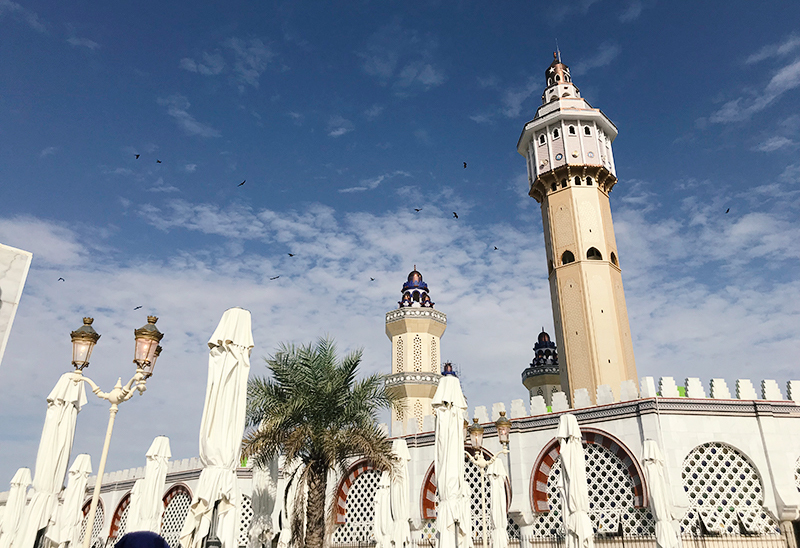
As Senegal’s Mouride community prepares for the annual Grand Magal of Touba on August 13, organizers have sounded the alarm over a case of online fraud exploiting the event’s widespread popularity.
The Magal, coinciding this year with the 18th of Safar 1447 in the Islamic calendar, draws millions of worshippers to Touba each year, serving as a spiritual pilgrimage and a key driver of the local economy. But this year, the celebration has been overshadowed by a scam circulating across social media, prompting security investigations and renewed calls for vigilance.
Officials revealed that a fraudulent poster advertising a campaign titled “Social Safar Editions 2025” had been shared widely online, urging worshippers to send financial contributions to a listed mobile number.
“The public is invited to refer exclusively to the official channels of the Grand Magal,” the organizing committee stated, confirming that the scheme had no connection to the authorized event.
Authorities say the incident highlights a growing trend of cybercriminals exploiting high-profile religious gatherings to deceive the faithful. With the Magal alone generating nearly 249.9 billion CFA francs in economic activity, according to a study by Alioune Diop University of Bambey, experts warn the event’s economic scale makes it a prime target for fraudsters.
Beyond its spiritual role, the Magal fuels entire industries—from transport and hospitality to catering and informal trade. Organizers fear that scams like this one could not only exploit worshippers financially but also undermine trust in religious institutions and the communal economy that sustains the celebration.
The issue comes amid wider concerns about financial integrity within the Mouride community. Days earlier, General Caliph Serigne Mountakha Bassirou Mbacké made headlines when 78 million CFA francs was reportedly embezzled from one of his personal accounts. The Caliph chose not to prosecute, opting instead to forgive the accused, a gesture that has sparked debate about transparency in financial dealings tied to religious life.
With the Magal just weeks away, officials are working to reassure the faithful that security measures are in place. But this year’s celebration carries an added reminder: even in spaces of worship and devotion, digital threats remain ever-present.



